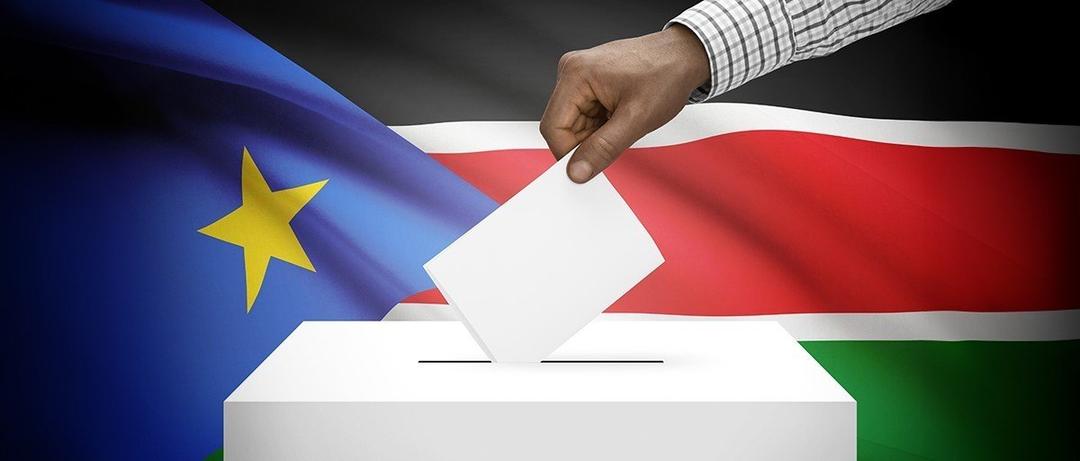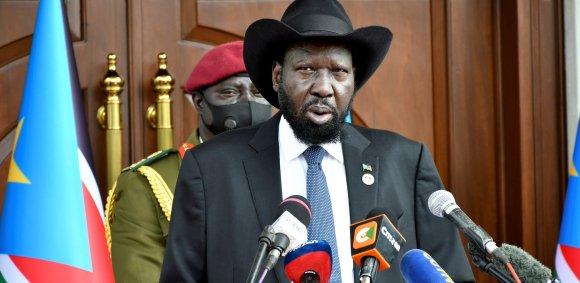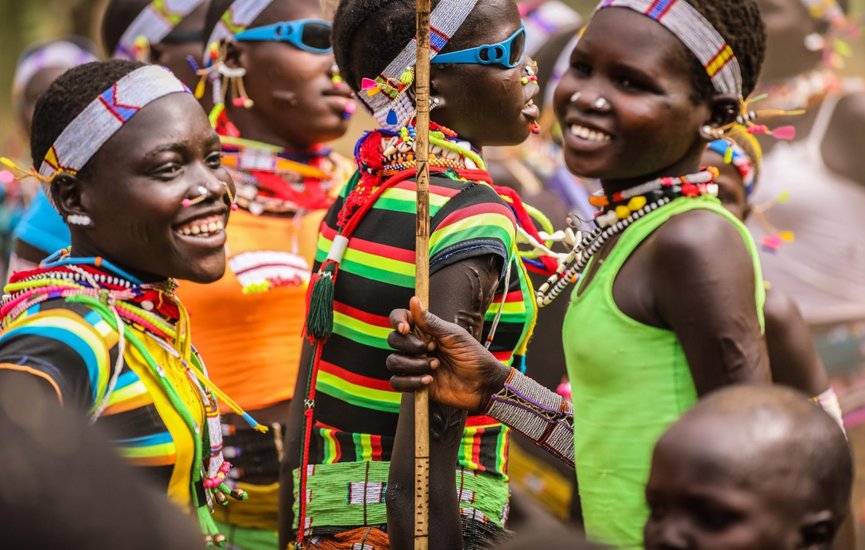Juba, July 9 – South Sudan marked its 14th Independence Day on Tuesday with no official celebrations, as the country continues to grapple with widespread insecurity, economic hardship, and political instability.
What was once a day of joyous celebration and national pride in 2011 has, over time, become a somber occasion. Streets in the capital, Juba, remained quiet, and government offices were largely closed. There were no parades, fireworks, or public festivities as seen in earlier years. Instead, the day passed with a mood of reflection and frustration.
A Nation Born in Hope
South Sudan gained independence from Sudan after decades of brutal civil war. The world watched with optimism as a new African nation was born through a peaceful referendum. People danced in the streets of Juba, waving flags and chanting for a brighter future.
But over a decade later, the hope has dimmed.
A Country Struggling With Its Own Promise
South Sudan gained independence from Sudan on July 9, 2011, following a peaceful referendum in which nearly 99% of voters chose to form a separate nation. The move was hailed globally as a major step toward peace after decades of civil war. But since then, the country has faced internal conflict, corruption, and natural disasters that have prevented meaningful progress.
A brutal civil war erupted in 2013 between rival political factions, killing hundreds of thousands and displacing over four million people. Although a peace deal was signed in 2018 and a transitional government formed in 2020, violence and ethnic tensions persist in several regions.
Economic Hardship and Humanitarian Crisis
The lack of celebration reflects the harsh economic realities many South Sudanese face today. Civil servants have gone months without pay, inflation has rendered salaries nearly worthless, and food insecurity remains widespread. According to the United Nations, over 9 million people in the country require humanitarian assistance in 2024, including large numbers of women and children.
“With no food, no schools, and no jobs, what are we celebrating?” asked Mary Achieng, a mother of three in Juba. “Independence is just a word if we are still suffering every day.”
Calls for Reflection and Reform
While government officials issued brief messages of national unity, many citizens took to social media to express disappointment at the lack of change in the years since independence. Civil society leaders and church groups used the day to call for dialogue, justice, and genuine national reconciliation.
“We must ask ourselves: are we truly free?” said Rev. Peter Lado, a pastor in Juba. “Independence is more than a flag or a date—it is about dignity, peace, and a future for our children.”


Looking Forward
As South Sudan prepares for its first-ever elections, now scheduled for 2026, citizens are urging their leaders to act decisively. Key reforms remain incomplete, and many fear that without full implementation of the peace deal, the country risks sliding back into violence.
For now, July 9 remains a day of quiet reflection rather than national celebration—a reminder of both the country’s hard-won independence and the long road ahead.
